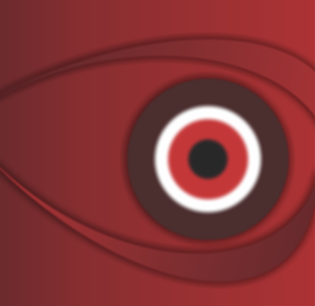SCIENTIFIC EVIDENCE IN BRAZIL: A CRITICAL VIEW UNDER THE DAUBERT STANDARD
A PROVA CIENTÍFICA NO BRASIL: UMA VISÃO CRÍTICA SOB O CRITÉRIO DAUBERT
DOI:
https://doi.org/10.33362/juridico.v12i1.3077Resumo
ABSTRACT
Legal professionals are frequently exposed to knowledge created outside their area proficiency, that should be restricted to the legal science (or jurisprudence), by the constrains of science and the scientific method. As the legal system is designed to provide the best outcome possible to each lawsuit presented, it needs to establish a procedure throughout which technical issues can be resolved in court. Notwithstanding the emptiness of the discussion inside legal cases/practice if those solutions are appropriated to the respect science, its methods and to Justice itself, it can be extremely relevant to address this academically in search for improvements. The purposed of this is study is to exam how scientific evidence is produced in Brazil and in the United States, while trying to extract possible enhancements to the former’s legal system. Therefore, the first step in the comparative method is to identify determinant factors that might differ, then evaluate how each of them behave in Brazil and the United States, and finally try to identify possible improvements.
Key words: Scientific Evidence. Expert Testimony. Comparative Law. Daubert Standard.
RESUMO
Profissionais do direito são frequentemente expostos a conhecimento produzido fora de sua área de proficiência, que deve ficar restrita à ciência jurídica, por respeito à ciência e ao método científico. Como o sistema jurídico é desenhado para entregar a melhor resposta possível para cada ação judicial apresentada, é necessário estabelecer um procedimento através do qual questões técnicas possam ser solucionadas em Juízo. Sem prejuízo da impraticabilidade de se discutir na prática forense se a solução existente é apropriada para cada ciência respectiva, seus métodos e até mesmo para a própria Justiça, o problema é extremamente relevante ao espaço acadêmico, na busca de potenciais melhoramentos. O propósito deste estudo é avaliar como a prova científica é feita no Brasil e nos Estados Unidos, bem como tentar extrair possíveis evoluções ao sistema jurídico do primeiro. Para isso, o primeiro passo no método comparativo é estabelecer os fatores determinantes que podem distinguir os sistemas; na sequência, verificar como eles se comportam nos sistemas jurídicos do Brasil e dos Estados Unidos, respectivamente; para, finalmente, identificar se há espaço para evolução da prova pericial brasileira.
Palavras-chave: Prova científica. Perícia. Direito Comparativo. Daubert Standard.
Downloads
Downloads
Publicado
Como Citar
Edição
Seção
Licença
Autores que publicam nesta revista concordam com os seguintes termos:
- Autores mantém os direitos autorais e concedem à revista o direito de primeira publicação, com o trabalho simultaneamente licenciado sob a Licença Creative Commons Attribution que permite o compartilhamento do trabalho com reconhecimento da autoria e publicação inicial nesta revista.
- Autores têm autorização para assumir contratos adicionais separadamente, para distribuição não-exclusiva da versão do trabalho publicada nesta revista (ex.: publicar em repositório institucional ou como capítulo de livro), com reconhecimento de autoria e publicação inicial nesta revista.
- Autores têm permissão e são estimulados a publicar e distribuir seu trabalho online (ex.: em repositórios institucionais ou na sua página pessoal) a qualquer ponto antes ou durante o processo editorial, já que isso pode gerar alterações produtivas, bem como aumentar o impacto e a citação do trabalho publicado (Veja O Efeito do Acesso Livre).











